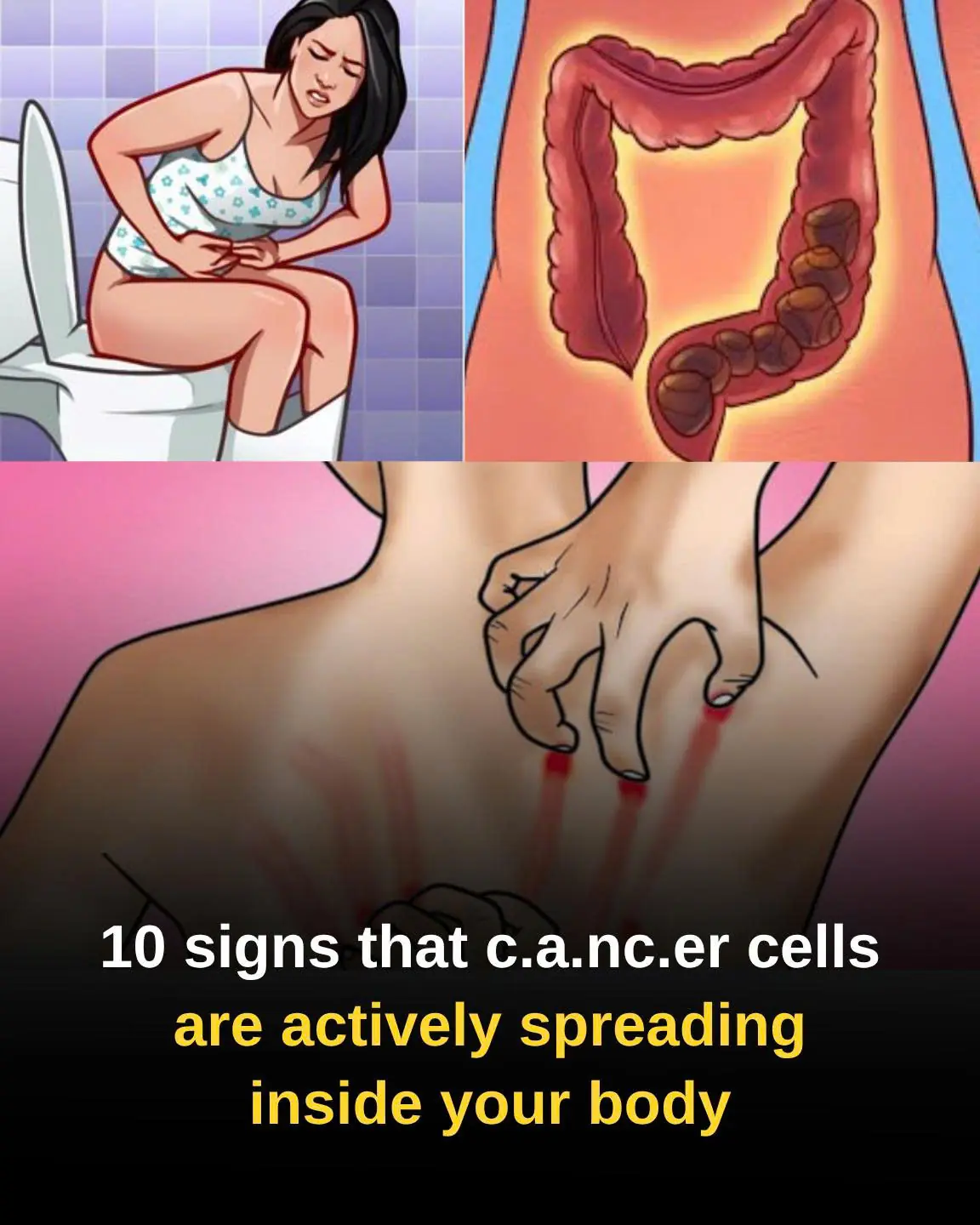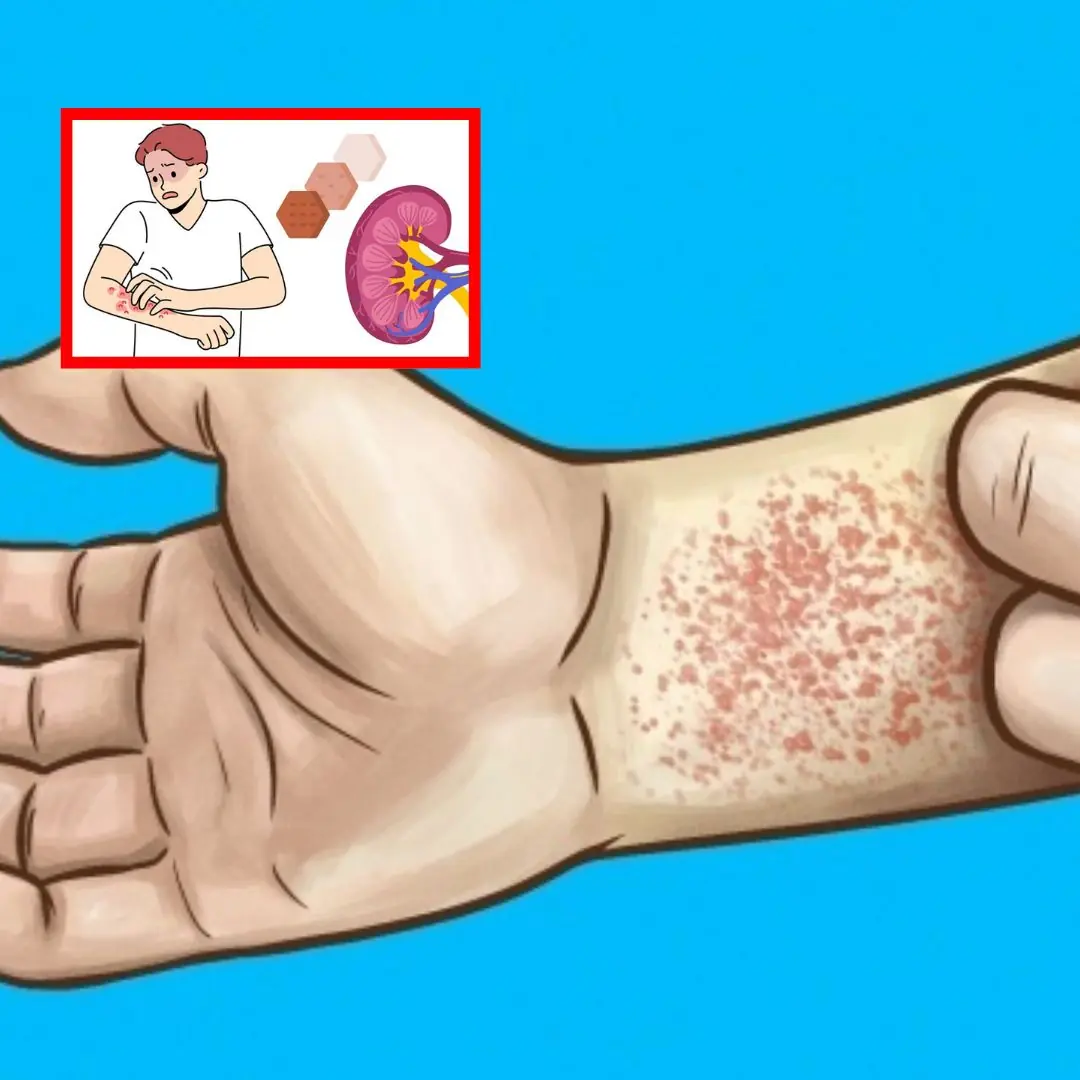
10 Warning Signs That May Indicate Abnormal Cell Growth in the Body
Can.cer often develops quietly, without dramatic symptoms at first. Many early clues are subtle and easy to overlook, which is why paying attention to changes in your body is critical. While these signs do not confirm cancer, they may indicate unusual cell activity or underlying health concerns that require medical attention.
Early detection plays a major role in improving treatment success and long-term outcomes. Below are 10 important symptoms that could signal abnormal cell growth and should never be ignored.
1. Persistent Digestive Changes
Long-term changes in digestion - such as chronic constipation, diarrhea, or irregular bowel patterns - may signal issues in the gastrointestinal tract. When cell growth becomes unbalanced, it can affect how the intestines contract and move waste.
Warning signs include:
-
changes in stool frequency
-
abdominal cramping lasting more than two weeks
-
feeling that the bowel does not fully empty
If digestive changes persist beyond lifestyle or diet factors, consult a healthcare specialist.
2. Unexplained Abdominal Pain or Bloating
Abdominal swelling, discomfort, or pressure that doesn’t go away may indicate internal inflammation or fluid buildup. This symptom can be associated with various conditions, including abnormal cell growth in organs such as the colon, stomach, or ovaries.
Look out for:
-
bloating after every meal
-
pain radiating to the back or pelvis
-
persistent pressure below the ribcage

3. Lasting Fatigue Not Linked to Activity
Fatigue caused by cell disruption is different from normal tiredness. It lingers even after rest and may interfere with daily tasks. When the body works harder to regulate abnormal cell activity, it may drain energy levels.
Key signs:
-
exhaustion from minimal effort
-
weakness lasting weeks
-
difficulty concentrating
4. Unexplained Weight Loss
Sudden weight loss without dieting or increased physical activity may indicate that the body is struggling to maintain normal metabolic processes. Abnormal cell activity can raise the body's energy use and reduce appetite.
Seek evaluation if you experience:
-
loss of 5% body weight within a short time
-
decreased appetite
-
early satiety (feeling full quickly)

5. Skin Changes or Itching That Doesn’t Resolve
Skin may reflect internal health. Persistent itching, unexplained rashes, or changes in skin color can appear when the immune system is responding to internal disruptions.
Concerning signs include:
-
itchy patches without visible cause
-
darkening or reddening of certain areas
-
sores that take too long to heal
6. Ongoing Pain That Has No Clear Cause
Pain that becomes chronic and cannot be linked to injury or strain may indicate deeper internal irritation. When abnormal cells affect nerves or tissue, discomfort can develop in areas like the back, pelvis, or shoulders.
Monitor for:
-
sharp or dull pain lasting more than a month
-
pain that worsens at night
-
discomfort spreading to nearby areas

7. Unusual Bleeding or Discharge
Bleeding that occurs without injury can be a sign that cell health in certain organs is compromised. Although this symptom can have many non-serious causes, it always requires medical evaluation.
Warning patterns include:
-
blood in stool or urine
-
spotting between menstrual cycles
-
prolonged bleeding after minor cuts
8. Difficulty Swallowing or Persistent Throat Discomfort
If swallowing becomes increasingly difficult or painful, it may signal that the esophagus or surrounding tissues are irritated or inflamed.
Watch for:
-
choking sensation
-
throat burning
-
feeling that food gets stuck

9. Shortness of Breath or Chest Pressure
Breathing difficulties can occur when abnormal cells disrupt the lungs, chest cavity, or bloodstream. Even mild breathlessness should be taken seriously when it persists.
Symptoms to monitor:
-
sudden breathlessness at rest
-
chest tightness
-
wheezing not linked to asthma or infection
10. Swelling, Lumps, or Thickened Areas on the Body
A lump does not automatically mean cancer, but a new or growing mass should always be checked. Abnormal cell clusters may feel hard or fixed in place.
Seek a medical review if you notice:
-
a lump that grows over time
-
swelling in the neck, groin, or underarm
-
thickening of tissue under the skin

When Should You See a Doctor?
If you experience any of these symptoms consistently for more than two weeks, or if multiple signs appear together, it is important to schedule a medical evaluation. Early medical assessment can detect issues long before they become severe.
How to Reduce Your Risk of Abnormal Cell Growth
While not all risk factors can be controlled, adopting healthy habits can help support long-term wellness:
1. Maintain a nutrient-rich diet
Focus on:
-
leafy greens
-
antioxidant-rich fruits
-
whole grains
-
lean proteins
2. Exercise regularly
Aim for 30 minutes per day, combining cardio with strength training.
3. Avoid smoking and reduce alcohol
These habits are linked to increased inflammation and cellular damage.
4. Manage stress
Chronic stress may contribute to hormonal imbalance and inflammatory responses.
5. Stay current with medical screenings
Regular checkups can help detect early changes before they progress.
Final Thoughts
Understanding your body’s signals is one of the most powerful tools in safeguarding your health. While these symptoms do not confirm cancer, they should not be ignored - especially when they persist. Monitoring early signs, adopting healthy lifestyle habits, and following through with routine medical care can significantly improve long-term well-being.
If your body is sending you signals, listen closely. Early awareness may lead to early detection - and early detection can save lives.
News in the same category


8 Ways To Get Rid Of Phlegm And Mucus In Chest And Throat

Stretch your ring finger with your thumb and hold it for a few seconds. you'll love the reason!

4 “Can.cer-Causing Culprits” Hiding Quietly in Your Home

Black beans combine these two types of seeds to become a 'miracle drug': Increase collagen production, slow down aging, prolong life 👇 👇
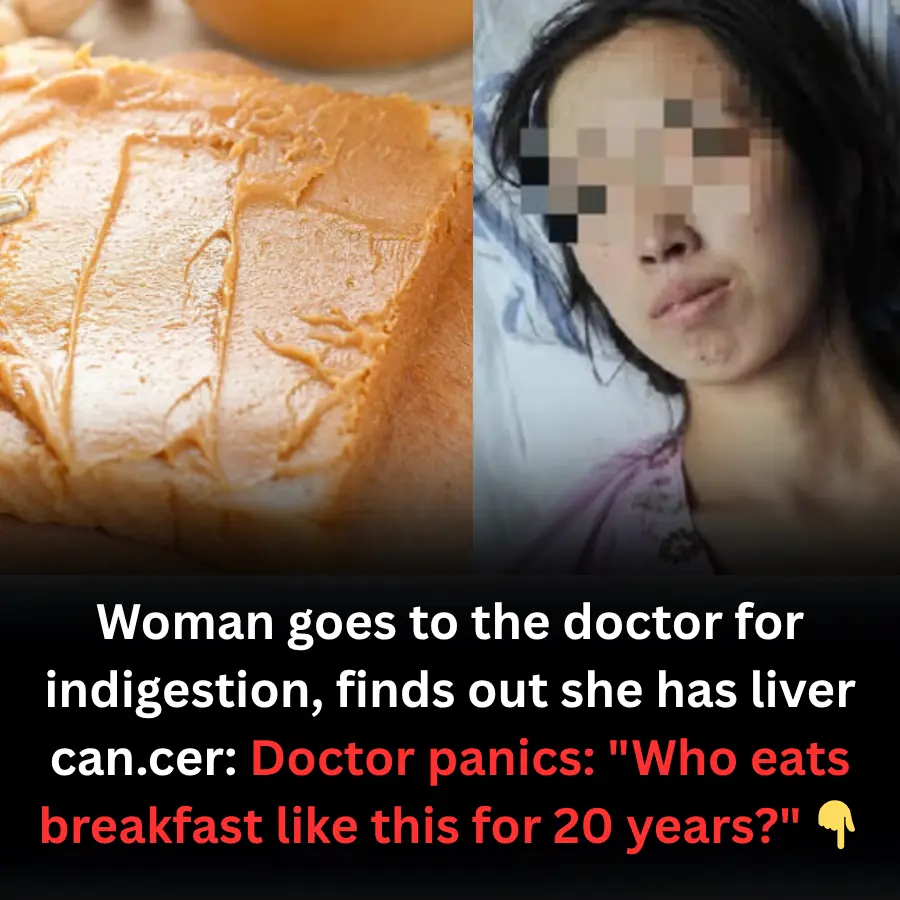
Woman goes to the doctor for indigestion, finds out she has liver can.cer: Doctor panics: "Who eats breakfast like this for 20 years?"

9 foods with natural anti-can.cer prop.erties, eat regularly and can.cer cells will "not have a chance to visit" 👇
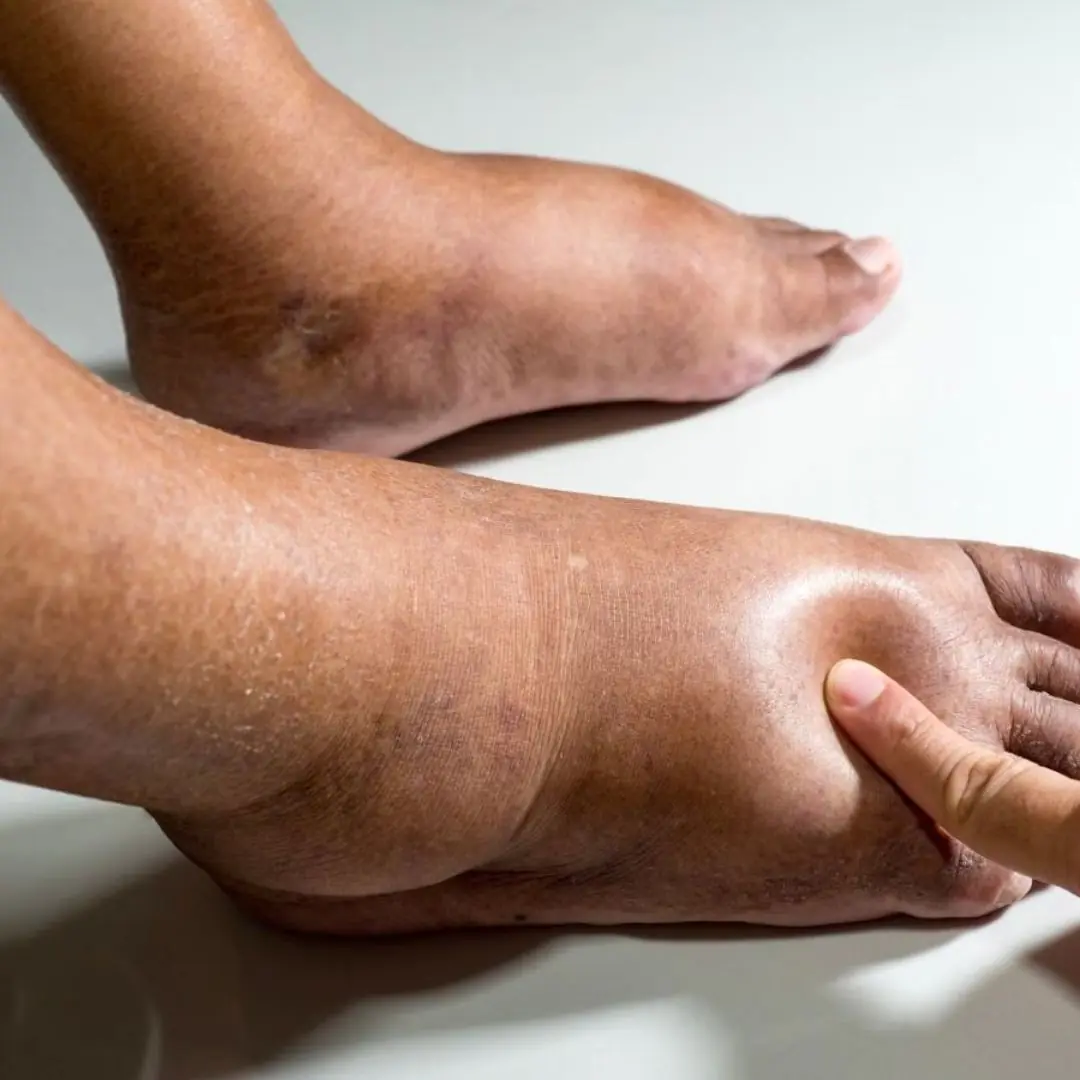
Foods that can ease swelling in hands and feet
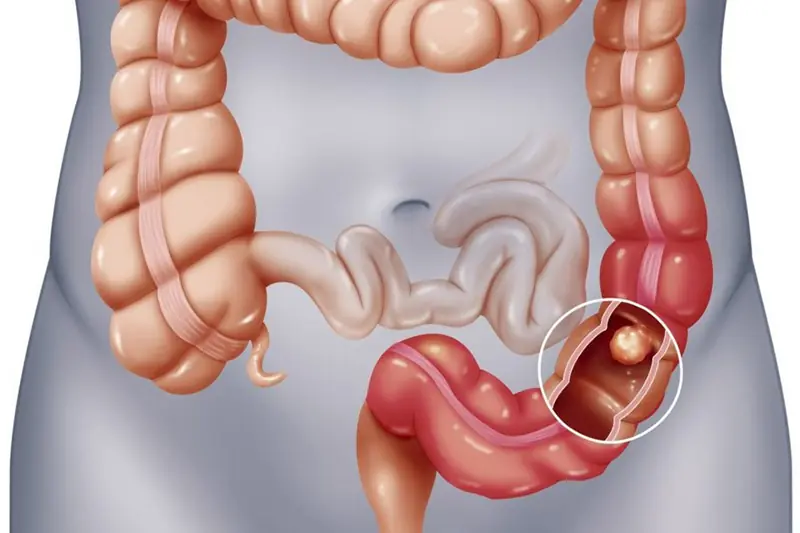
5 signs to help detect colitis early, the first signs of which are often overlooked

6 Foods You Should Never Combine With Honey
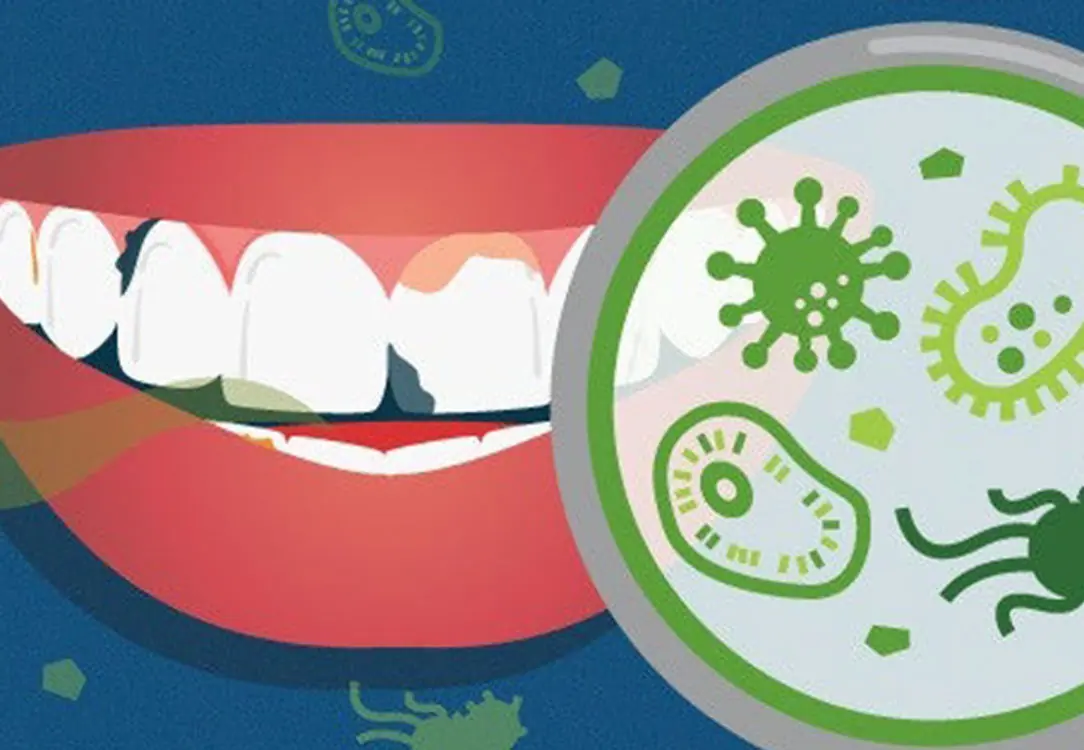
Poor Oral Health Linked to Increased S.troke Risk
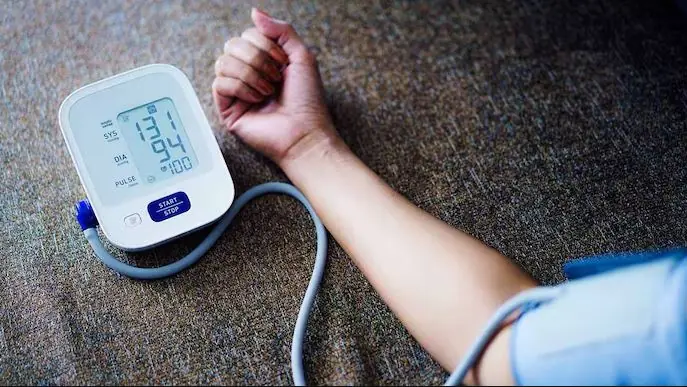
5 Silent Warning Signs of High B.lood Pressure You Should Never Ignore
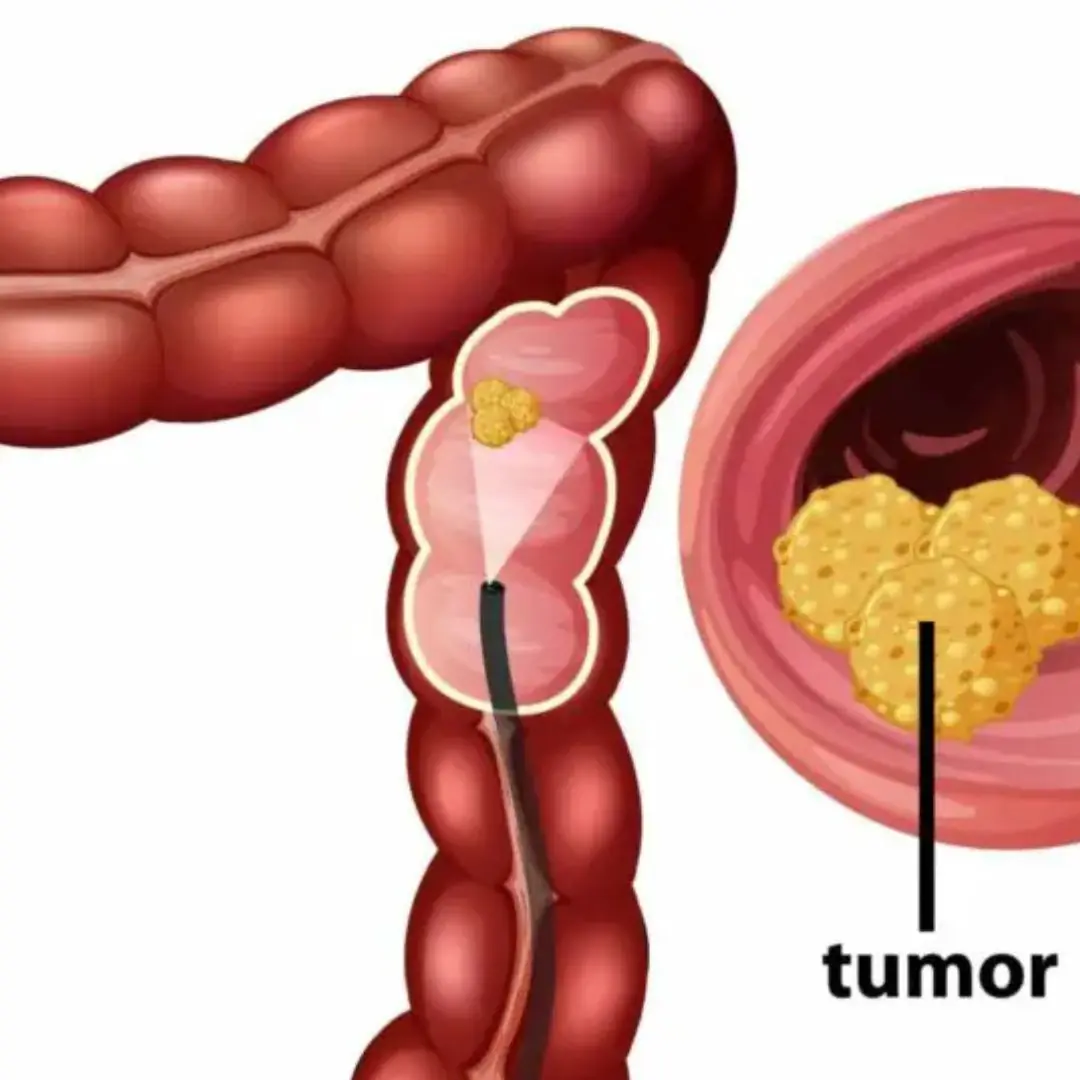
She Spotted These 5 Colon Ca.nc.er Symptoms Early — Here’s What You Should Watch For
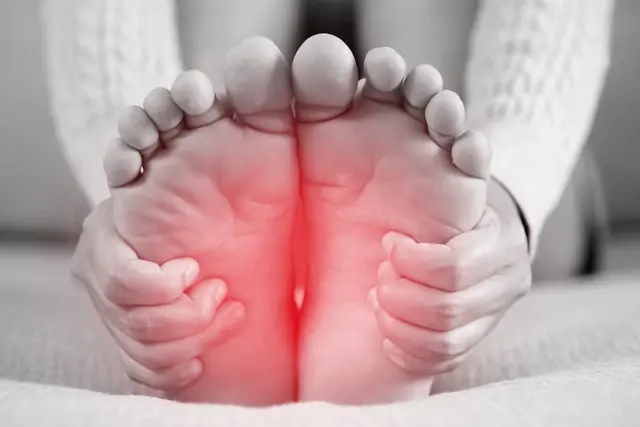
If your feet show these 5 signs, it may be a warning of a serious condition
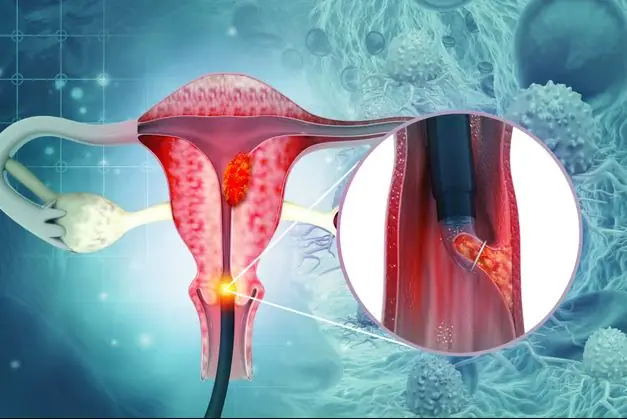
Cervical Can.cer: Are You in a High-Risk Group?
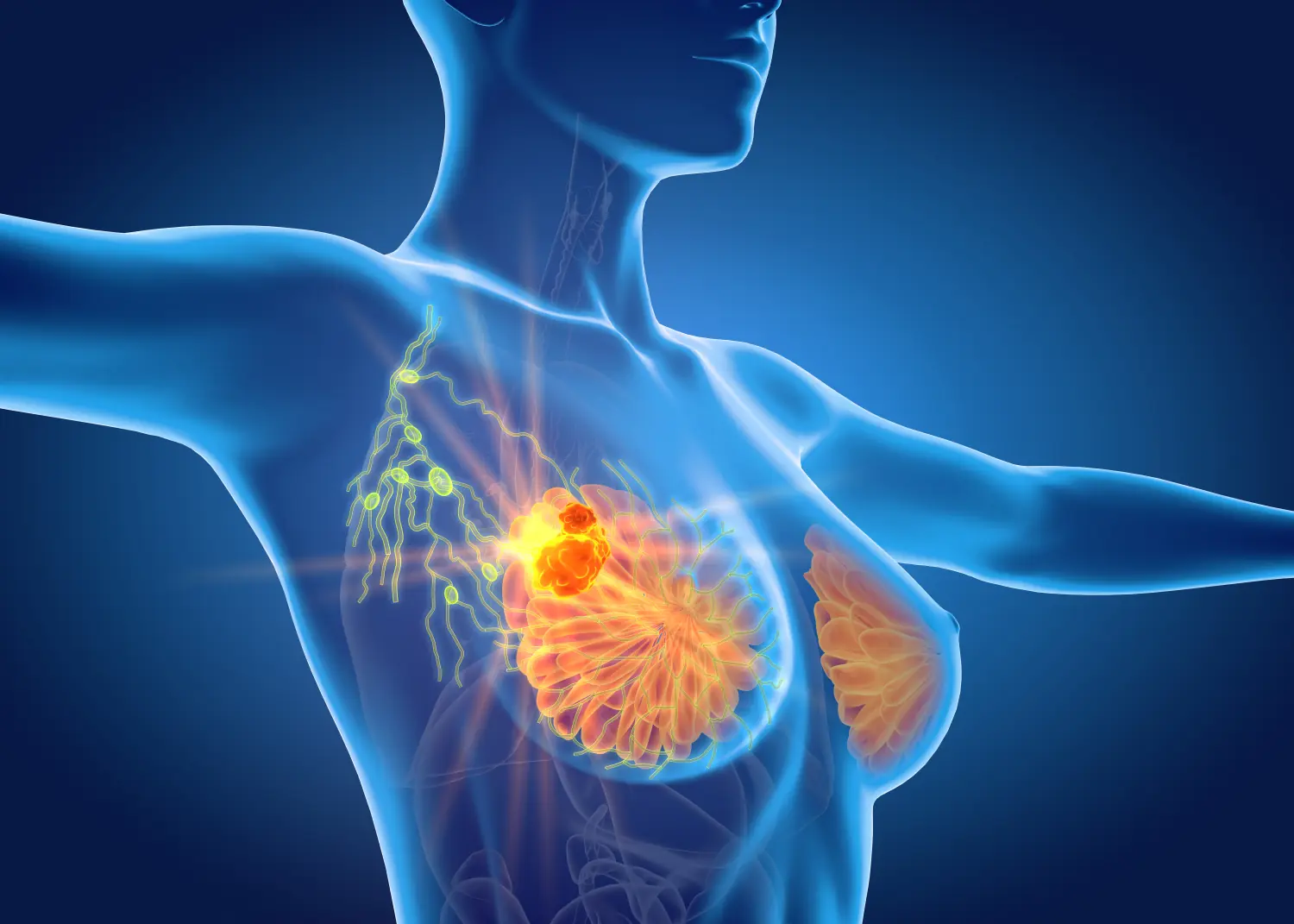
6 Silent Warn.ing Signs of Br.east Can.cer Women Often Miss — Don't Ignore These Signals
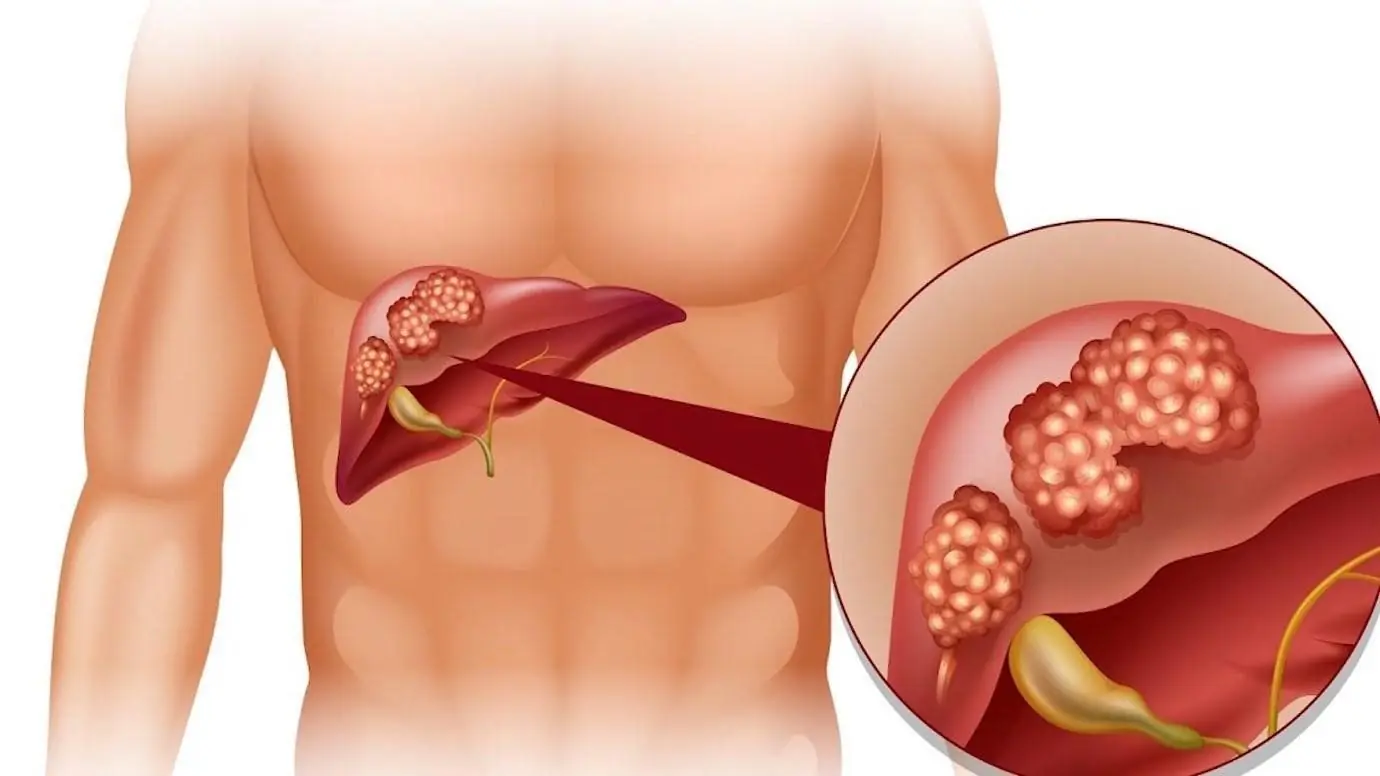
Your Li.ver Is Tired — 7 Hidden Signs You’re Mistaking for “Normal” Stress

The Hidden Mineral Deficiency Behind Your Fatigue, Bloating, and Anxiety

A 38-Year-Old Woman With a Sto.mach Ulcer Never Imagined Her Daily Habit Would Lead to Such Serious Consequences
News Post

Cajun Steak Alfredo: A Spicy Delight!

Lemon Garlic Grilled Chicken with Asparagus

Mango Crepe Roll Cake – Soft, Creamy & Dreamy

10 signs that you have kidney disease without knowing it

Fluffy Puff Pastry Cream Tarts with Fresh Berries

German Goulash

A crying child is left unattended with two dogs, and a pet comes to the rescue

The small round hole in the phone has a very important function

A small child laughs when a dog is chasing him

A Millionaire’s Shocking Discovery about His Housekeeper’s Affection for His Blind Daughter

Embracing Love and Success: A Journey Beyond Expectations

Incredible journey of a 62-year-old mom who gave birth to a healthy son: A story of love and determination

Where did you get this photo?” ivan turned pale, seeing a picture of his missing father

Having caught her husband with a young beauty, the wife didn’t start a brawl; instead, five days later she presented him with an unexpected surprise

8 Ways To Get Rid Of Phlegm And Mucus In Chest And Throat

Grilled Chicken Avocado Salad with Creamy Green Dressing

Fluffy Pancakes with Fresh Berries & Maple Syrup

Banana French Toast – Golden, Fluffy, and Impossible to Resist

